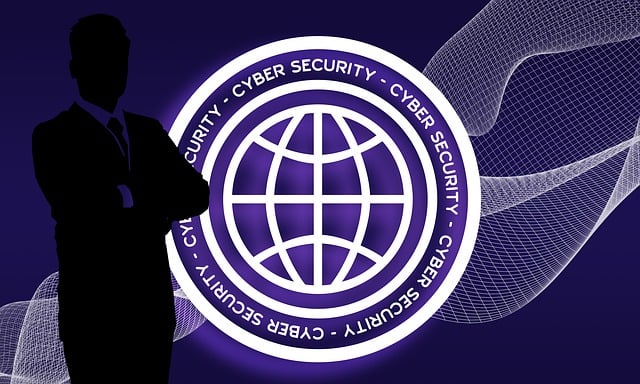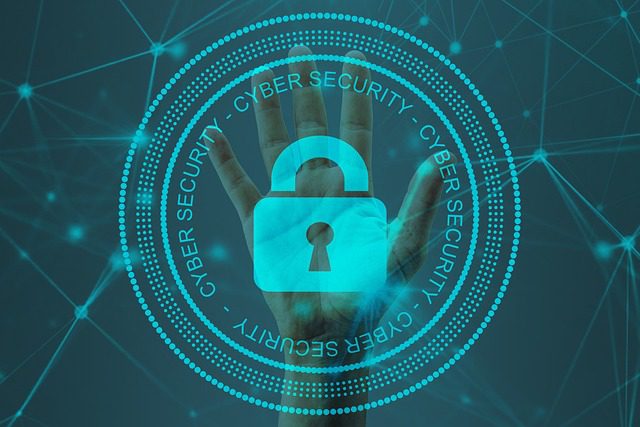Learn how individuals and organizations can build cyber resilience in 2025 through practical measures like backups, AI defense, and zero-trust strategies.
Cybersecurity isn’t just about blocking attacks—it’s about adapting and responding. With threat actors using AI and automation like never before, resilience—the ability to recover and continue operating—is vital.
 What Is Cyber Resilience?
What Is Cyber Resilience?
Unlike cybersecurity, which focuses on prevention, resilience accepts that breaches will happen. It emphasizes quick recovery, business continuity, and damage control.
 Strategies for Individuals
Strategies for Individuals
1. Secure communication: Use apps like Signal or ProtonMail.
2. Regular backups: Combine encrypted cloud and offline backups with scheduled tests.
3. Layered security: Use antivirus, VPNs, password managers, and 2FA.
4. Software hygiene: Keep systems updated. A recent paper shows 32% of attacks exploit unpatched flaws .
 Strategies for Businesses
Strategies for Businesses
1. Zero-trust architecture: Every access request must be verified, regardless of source.
2. Incident response plan: Define roles, communication protocols, and backup procedures—even simulate drills.
3. Continuous security audits: Regular pen tests and vulnerability scanning to meet standards.
4. AI-powered defense: Use threat-intelligence tools that identify AI-driven anomalies .
 Governance & Compliance
Governance & Compliance
Educate teams on shadow AI risks and proper usage.
Prepare for post-quantum cryptography transitions in line with NIST guidance .
Embrace frameworks from NIST, ISO, and WEF .
 Monitoring & Improvement
Monitoring & Improvement
Use dashboards to monitor failed logins, scan alerts, and data exfiltration attempts. The goal: detect anomalies before they escalate.
 Final Take
Final Take
In a landscape defined by AI arms races and tangled threats, cyber resilience isn’t optional—it’s essential. Consistent monitoring, adaptive defense, and a recovery-first mindset will keep you ahead of emerging threats.


 What Is Cyber Resilience?
What Is Cyber Resilience? Final Take
Final Take






